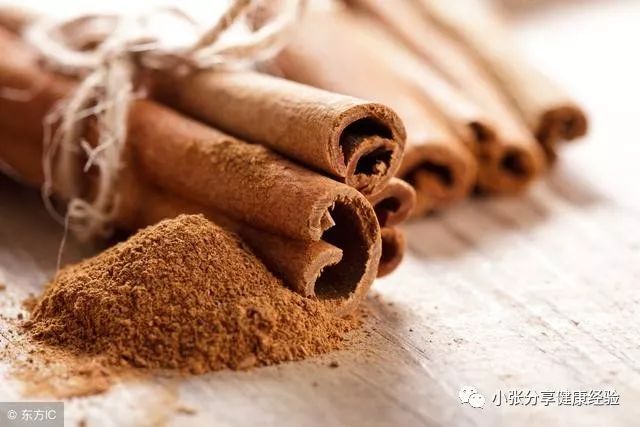Kidney Yang Deficiency (Shen Yang Xu) is a term in Traditional Chinese Medicine (TCM) that refers to a type of deficiency-cold syndrome caused by the decline of kidney yang, leading to a failure in warming and transforming bodily functions. This condition can manifest in any disease at severe stages, resulting in the deficiency of kidney yang. Therefore, it is essential to be cautious.

People in these categories should be wary of insufficient kidney yang:
1. Those who often stay up late and have irregular sleep patterns;
2. Individuals who are under long-term mental stress;
3. People who enjoy eating cold and raw foods;
4. Those who engage in excessive sexual activity;

5. Individuals who frequently hold in their urine;
6. Older adults.
Individuals with Kidney Yang Deficiency may exhibit four signs; if none are present, your kidneys are likely in good condition!
1. Aversion to Cold
Kidney Yang Deficiency, also known as insufficient kidney yang, means that kidney qi acts like a small sun within the body, warming it and providing vitality. If kidney yang is insufficient, the body’s warmth is inadequate, leading to symptoms of coldness, especially in the lower limbs.

2. Mental Fatigue
Individuals with kidney yang deficiency may experience poor heart and lung function, leading to impaired blood circulation. Consequently, the pulse may feel deep, thin, and weak, and the brain may suffer from oxygen deficiency, resulting in fatigue and difficulty concentrating. Additionally, those with kidney yang deficiency may also experience spontaneous sweating.

3. Pale or Dark Complexion
Yang qi warms the body and facilitates the smooth flow of qi and blood. If kidney yang is insufficient, the driving force for qi and blood circulation is inadequate, leading to a pale complexion. If kidney yang deficiency is severe, internal coldness may prevail, causing the kidney’s dark color (black) to manifest on the face, resulting in a dark complexion.
4. Frequent Urination and Nocturia
Individuals with kidney yang deficiency lack the yang energy and heat necessary for the transformation of fluids. As a result, water quickly passes through the body and is excreted as urine, leading to symptoms such as frequent urination, nocturia, and oily urine.

For kidney yang deficiency, one should not hastily seek quick results with potent tonics; dietary therapy is the best approach!
Kidney yang deficiency is often a result of gradual accumulation over time. It is crucial not to rush into using strong tonics or unclear kidney-strengthening medications but to gradually adjust the condition. Dietary therapy is an excellent method for regulation, and consistency is key. For treating kidney yang deficiency, drinking a cup of Cinnamon Raspberry Tea daily can warm the stomach, dispel cold, and effectively tonify kidney yang!

Cinnamon Raspberry Tea is composed of cinnamon (Rou Gui), raspberry (Fu Pen Zi), clove (Ding Xiang), goji berries (Gou Qi Zi), cardamom seeds (Yi Zhi Ren), and fox nuts (Qian Shi). This warming tea helps dispel cold and tonify kidney yang, making it beneficial for mild impotence and premature ejaculation. Regular consumption of Cinnamon Raspberry Tea can help tonify kidney yang and alleviate lower back and knee weakness.

Analysis: Cinnamon has warming properties that tonify the kidneys and alleviate pain. It has a long history as both a medicinal herb and a key spice. Clove is pungent and warming, entering the stomach, spleen, and kidney meridians, and is used to treat kidney deficiency and impotence. Raspberry is known for its benefits in tonifying the kidneys and consolidating essence, earning it the title of “golden fruit.” Goji berries nourish the liver and kidneys, enhance essence, and improve vision, often referred to as a herb that promotes longevity and resilience to cold and heat. Cardamom seeds warm the spleen, stop diarrhea, and consolidate essence, while fox nuts are known for their kidney tonifying and essence consolidating effects, commonly used for nocturnal emissions, frequent urination, spleen deficiency, and leukorrhea.

